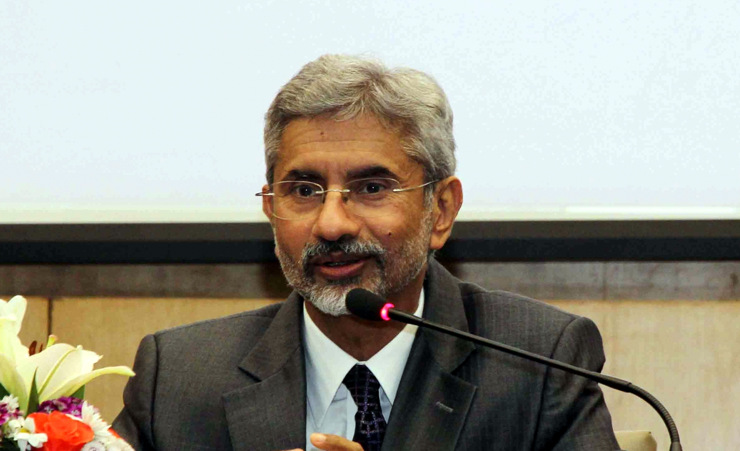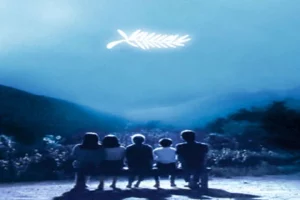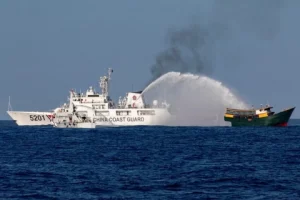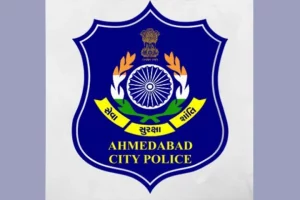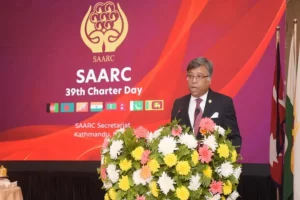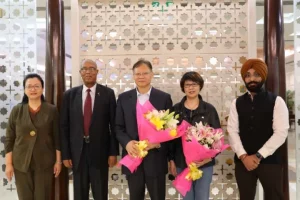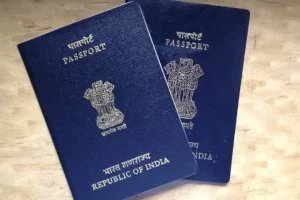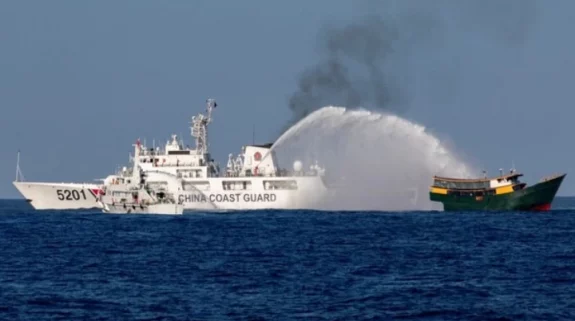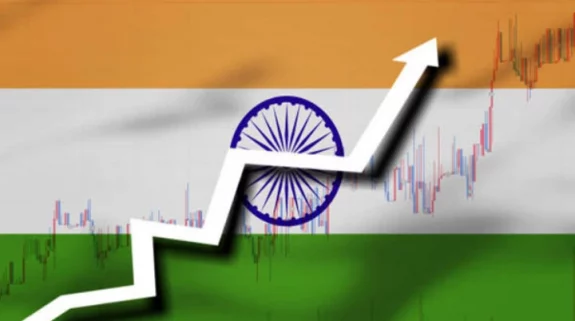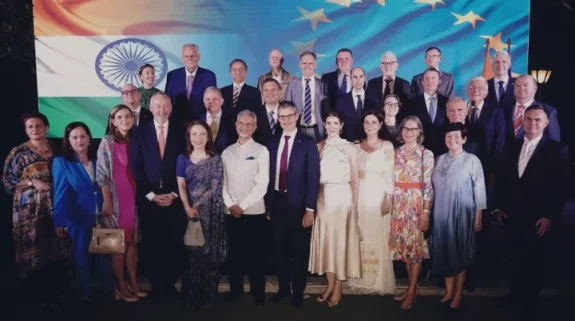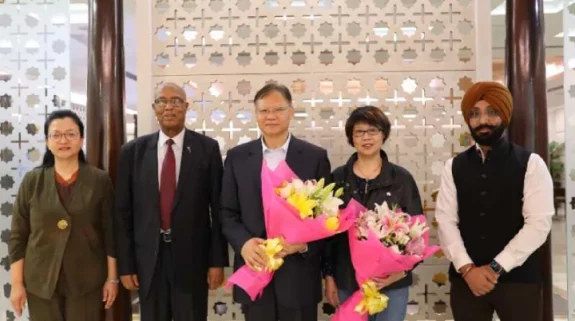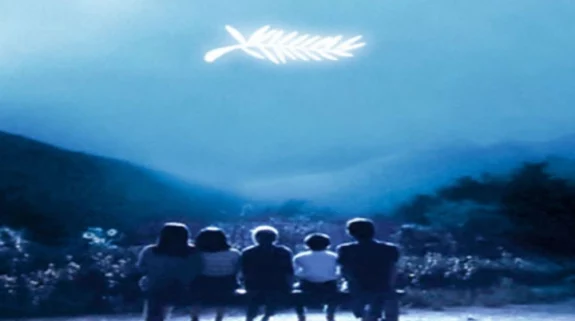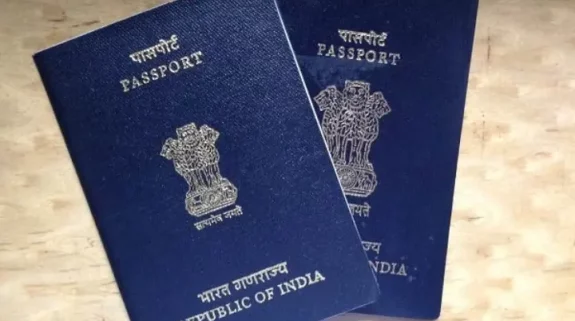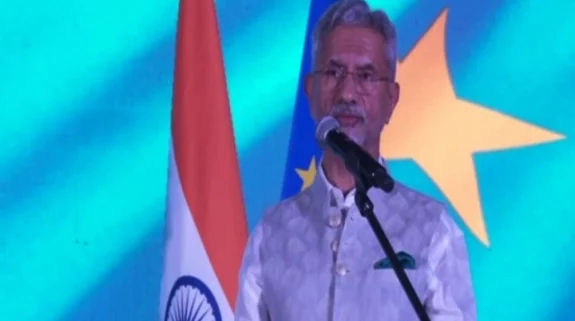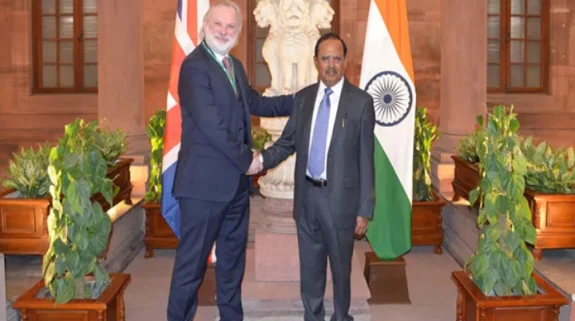External Affairs Minister Dr S Jaishankar boycotted a ministerial-level high profile United Nations Security Council (UNSC) meeting convened by UNSC President of the month – China. This comes just one day after Jaishankar spoke about China's belligerence on the Indian border causing meltdown in relations, at an event in London.
Foreign Secretary Harsh Vardhan Shringla represented India at the UNSC high-level meeting on 'Maintenance of international peace and security: upholding multilateralism and the United Nations-centred international system' which was presided over by Chinese Foreign Minister Wang Yi.
Significantly, Jaishankar has attended the previous meetings convened by the other members of the UNSC. India joined the UNSC as a non-permanent member earlier this year for a term of two years.
The Indian Foreign Secretary spoke about the failure of the global multilateral system and the need for bringing reform to the international order. This is a stand India has taken since the outbreak of the pandemic from Wuhan in late 2019, which broke-down the world's food, financial and health security systems. Development experts say that the spread of the virus has pushed tens of millions into poverty and pushed back development by decades.
Renewal of vows towards a reformed UN-centered multilateral system will require genuine efforts on behalf Member States.
🇮🇳 seeks to strengthen the forces of cooperative multilateralism.
Highlights of FS @harshvshringla's remarks at #UNSC briefing today⤵️ pic.twitter.com/1dfX4PQben
— India at UN, NY (@IndiaUNNewYork) May 7, 2021
Shringla said: "It is the lack of a coordinated global response that has exposed the vulnerabilities and weaknesses of the multilateral system as it stands today, providing a timely reminder for the pressing need for comprehensive reform.
While the pandemic exposed the fault lines from unreliable global supply chains to inequitable vaccine distribution, it has also underlined the need for global solidarity and strengthened multilateralism".
Shringla pointed out that while the global supply chains turned out to be unreliable in times of crisis, India along with South Africa and a few other countries sought a waiver on intellectual property governing Covid-19 vaccines, with a view to fighting the pandemic globally.
He also pointed out that India was able to support more than 150 countires with vaccines, pharmaceuticals and medical equipment. "In that same spirit of friendship and solidarity, we extend deep appreciation to those that have come forward to provide us with some priority requirements to battle the second wave of the Covid-19 pandemic that we are currently facing," Shringla added.
Stating India's oft-mentioned position on bringing reforms to the international order, Shringla said that the challenges of today's world cannot be addressed by outdated systems which were designed to deal with the challenges of the past. Shringla mentioned terrorism, pandemics, climate change, threats from emerging technologies as the new concerns that have arisen lately and which the UN could only address partly.
He said: "Our collective effort has nonetheless fallen short in providing effective and enduring solutions, primarily due to the infirmities within the multilateral system".
He was echoing what Prime Minister Narendra Modi had voiced at the 75th session of the UN General Assembly last September.
Modi had said that the world had changed completely since 1945 when the challenges were totally different. He emphasised that the challenges of today and tomorrow are completely different what the world faced in those times. Modi said: "Reform in the responses, in the processes, in the character of the United Nations is the need of the hour. It is a fact that the faith and respect that the United Nations enjoys in India are unparalleled. But it is also true that the people of India have been waiting for a long time for the completion of the reforms of the United Nations."
The virtual meeting was attended by minister-level officials from the other 14 members of the Security Council. Some of the participants in the UNSC meeting included Antony Blinken, US Secretary of State; Sergei Lavrov, Russian Foreign Minister; Tariq Ahmad British Minister of State; Jean-Baptiste Lemoyne, French Minister of State and Raychelle Omamo, Kenya's Cabinet Secretary for Foreign Affairs.






